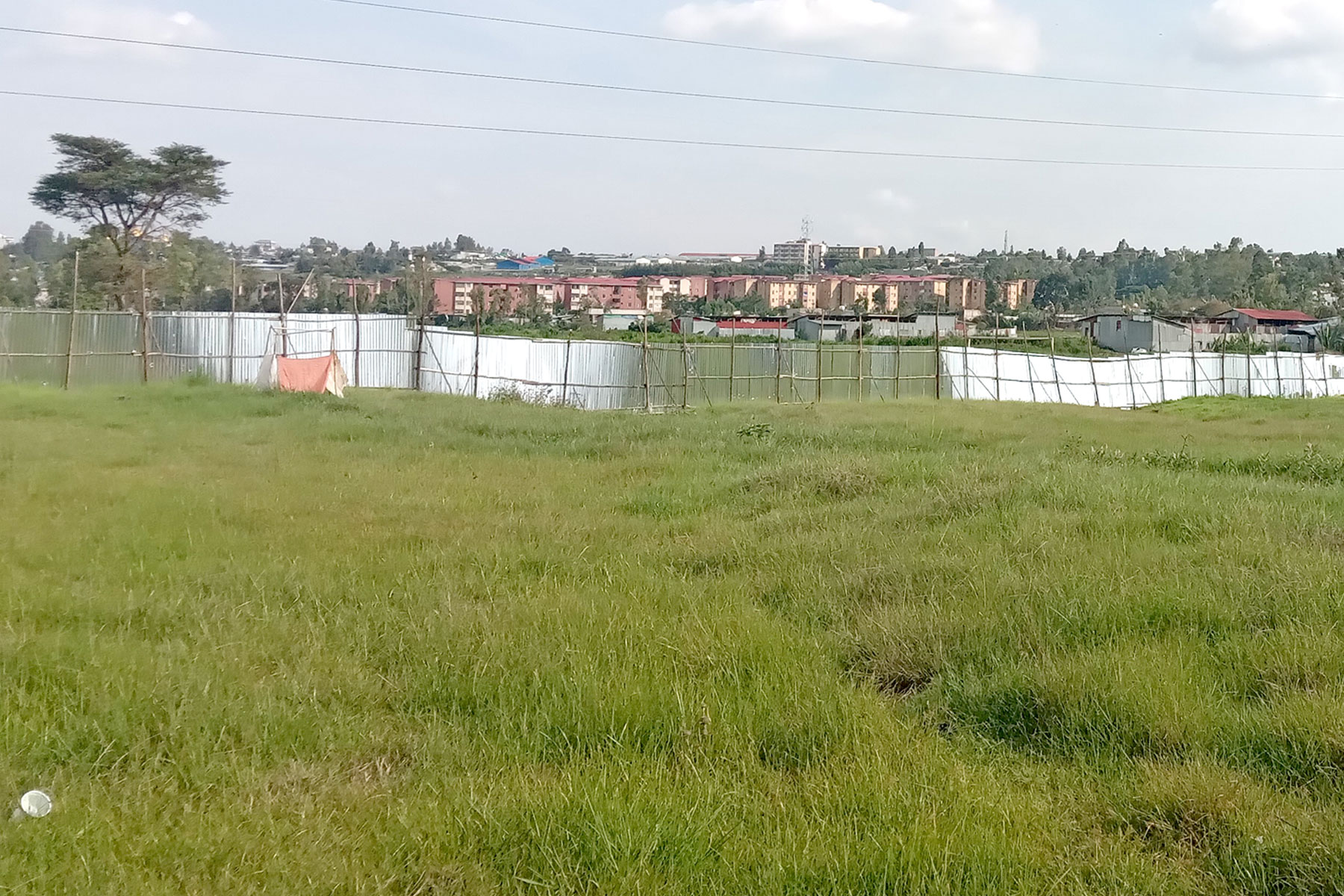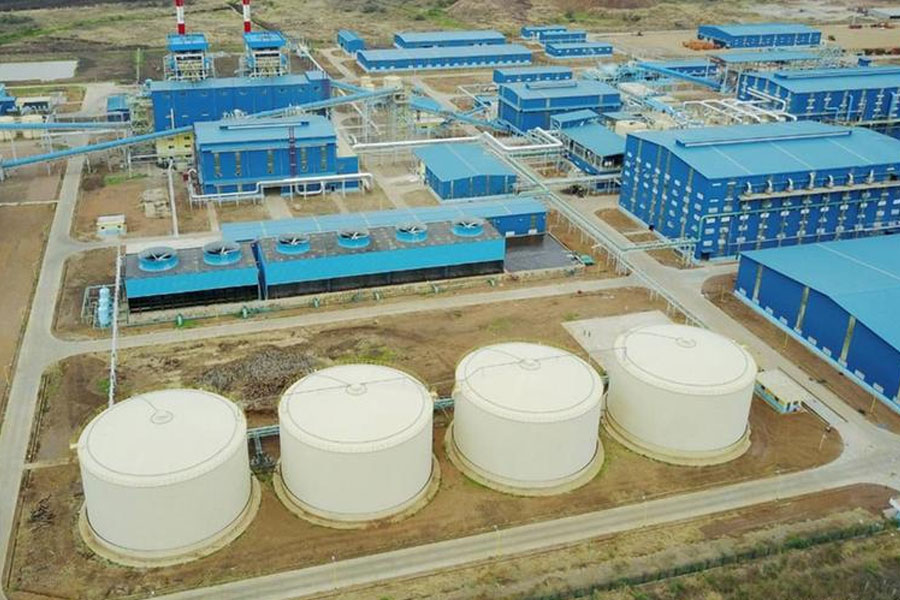
My Opinion | Aug 03,2025
The once-booming real estate market faces a downturn, with developers struggling with declining demand and falling prices. Developers see demand for upscale apartments in the Bole District plummet to unprecedented lows, forcing them to slash prices significantly. However, the market's stagnation persists, exacerbated by political uncertainty, a discouraged diaspora, and a credit squeeze that has left many potential buyers on the sidelines. The downturn marks a notable shift from previous years, where developers successfully sold apartment flats, before the central bank moved towards inflation-targeting monetary policies, which, while successful in abating inflation rates, severely restricted the flow of credit into the market. The credit squeeze has led to a decline in property values, and dampened demand, leaving developers struggling to complete projects. The situation is mirrored by homeowners who face difficulties finding buyers despite being willing to negotiate.
The combination of fluctuating property valuations, increased taxes, and the ongoing credit shortage has injected a high level of uncertainty into a market that was once thriving. The real estate market's decline affects developers and individual homeowners and has broader implications for the economy. The construction sector's growth rate dropped to five percent year-on-year in 2023, down from 20pc in the past. The sector, heavily reliant on continuous credit flow, is seized by the consequences of constrained lending practices, leading to a significant reduction in the asking prices for homes and apartments. Prices have dropped by nearly 15pc over the past six months, attributed to political instability in several parts of the country, further deterring diaspora homebuyers, traditionally a significant segment of the market for premium properties.
Real estate consultants and industry insiders point to an overinflated market, driven by high construction costs and developers seeking substantial profit margins, as a critical factor behind the mismatch between supply and demand. They note that the market is buyer-centric, with those able to make immediate payments taking advantage of the liquidity-strapped market for discounted offers. The shift signals broader economic ordeals, including illicit financial flows and a speculative bubble that had previously driven prices to higher levels. Despite the downturn, some developers remain hopeful, attributing their survival to targeted strategies and focusing on high-end apartments. Some real estate companies are attempting to cater to a specific customer base and adjusting their profit margins, suggesting that while demand is depressed, there are pathways to success for developers willing to adapt to the current economic climate. Experts advocate for establishing mortgage banks and introducing a national housing fund, urging that a more structured approach to financing could deal with some of the market's current pressures. The government's attempt to standardise property valuations and adjust banking policies could be a step in the right direction. Still, the real estate sector's recovery will likely require a different approach, addressing immediate liquidity and long-term structural constraints.
You can read the full story here
PUBLISHED ON
Feb 24,2024 [ VOL
24 , NO
1243]

My Opinion | Aug 03,2025


Viewpoints | Feb 13,2024

Radar | Aug 05,2023

Sunday with Eden | Jul 20,2024

Sunday with Eden | May 31,2025

Viewpoints | Sep 07,2019

Fortune News | Jan 12,2019

Sunday with Eden | Jun 10,2023

Fortune News | Feb 18,2023

Dec 22 , 2024 . By TIZITA SHEWAFERAW
Charged with transforming colossal state-owned enterprises into modern and competitiv...

Aug 18 , 2024 . By AKSAH ITALO
Although predictable Yonas Zerihun's job in the ride-hailing service is not immune to...

Jul 28 , 2024 . By TIZITA SHEWAFERAW
Unhabitual, perhaps too many, Samuel Gebreyohannes, 38, used to occasionally enjoy a couple of beers at breakfast. However, he recently swit...

Jul 13 , 2024 . By AKSAH ITALO
Investors who rely on tractors, trucks, and field vehicles for commuting, transporting commodities, and f...

Oct 18 , 2025
The political establishment, notably the ruling party and its top brass, has become p...

Oct 11 , 2025
Ladislas Farago, a roving Associated Press (AP) correspondent, arrived in Ethiopia in...

Oct 4 , 2025
Eyob Tekalegn (PhD) had been in the Governor's chair for only weeks when, on Septembe...

Sep 27 , 2025
Four years into an experiment with “shock therapy” in education, the national moo...